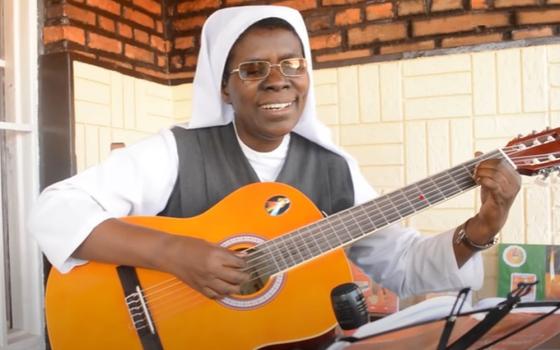Rick Garnett is a law professor at the University of Notre Dame and the driving force behind the always-thoughtful blog Mirror of Justice.
We continue to look at the midterms this week at Q & A with commentary from a variety of voices, and Professor Garnett is up first.
Rick Garnett: What do the midterm elections mean? More, I suspect, than is appreciated by those who want to chalk up (and move on from) the results as reflecting merely anger, fear, or ignorance about unemployment, deficits, and "bailouts"; less, I suspect, than is hoped (or feared) by those who suspect a thoroughgoing transformation of American politics is afoot.
Most Americans do not understand how Congress and the national government actually function. Most don't know about the role and power of congressional committees and their chairs, about holds and filibusters in the Senate, about rulemaking and the workings of the administrative state. This means that many people probably expect more from the now-Republican-controlled House than the controlling Republicans will be able to deliver. At the end of the day, nothing that President Obama decides should not be law will become law; nothing that the House enacts will even reach the President unless at least some (and probably a dozen) Democratic senators conclude that it should.
What comes next, then? The Republicans in the House will exercise enthusiastically their "oversight" powers; efforts will be made to find some modest measures on which the House Republicans, the Senate Democrats, and the White House can agree, if only to reduce the risk of frustrating voters who don't see the upsides of a "do nothing" Congress. Perhaps the D.C. Opportunity Scholarship Program, so misguidedly killed by Democrats in the last Congress, will be revived; perhaps clearer limits on the use of federal funds for abortions, or stronger "conscience clause"-type protections can be secured; perhaps the religious-hiring rights of faith-based social-welfare organizations can be affirmed. Even if not, though, no new "progressive" measures will emerge from either the House or the Senate and so the President will not have the chance to sign any into law. The President will be able to fill judicial vacancies (if he tries a bit harder than he has so far) with nominees who share his more liberal judicial philosophy, but some such nominees will be blocked. Most important, at the end of the day, are the striking Republican gains in the state legislatures and in governorships. Expect a fair number of significant "conservative"-leaning innovations at the state level and -- most significant of all -- a redistricting, following on the recent census, that entrenches and builds on Republicans' gains.




